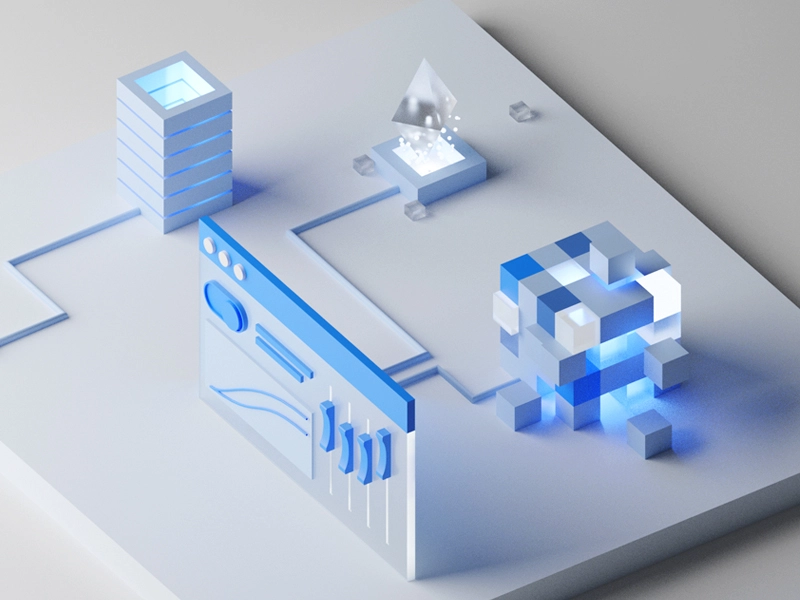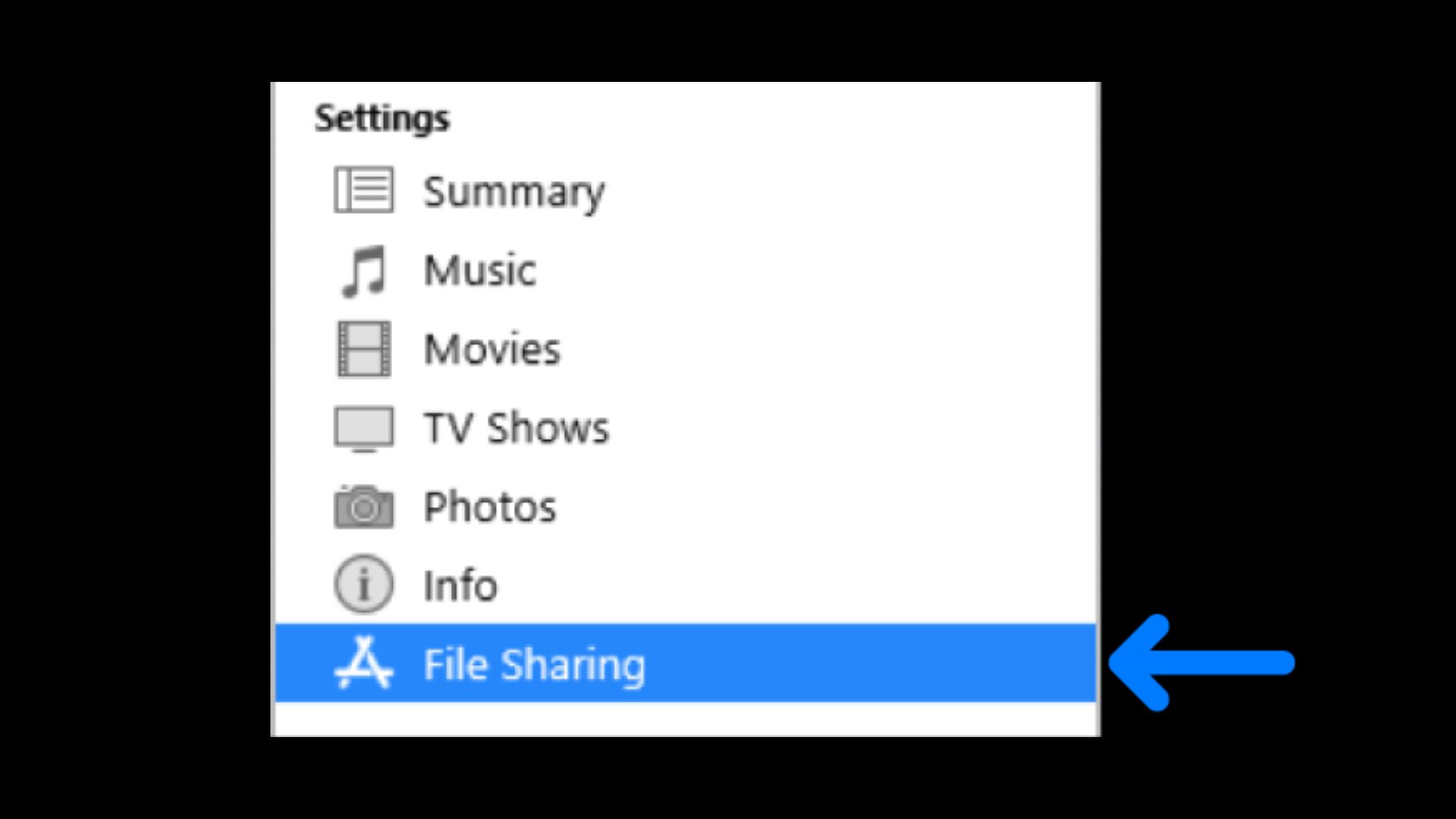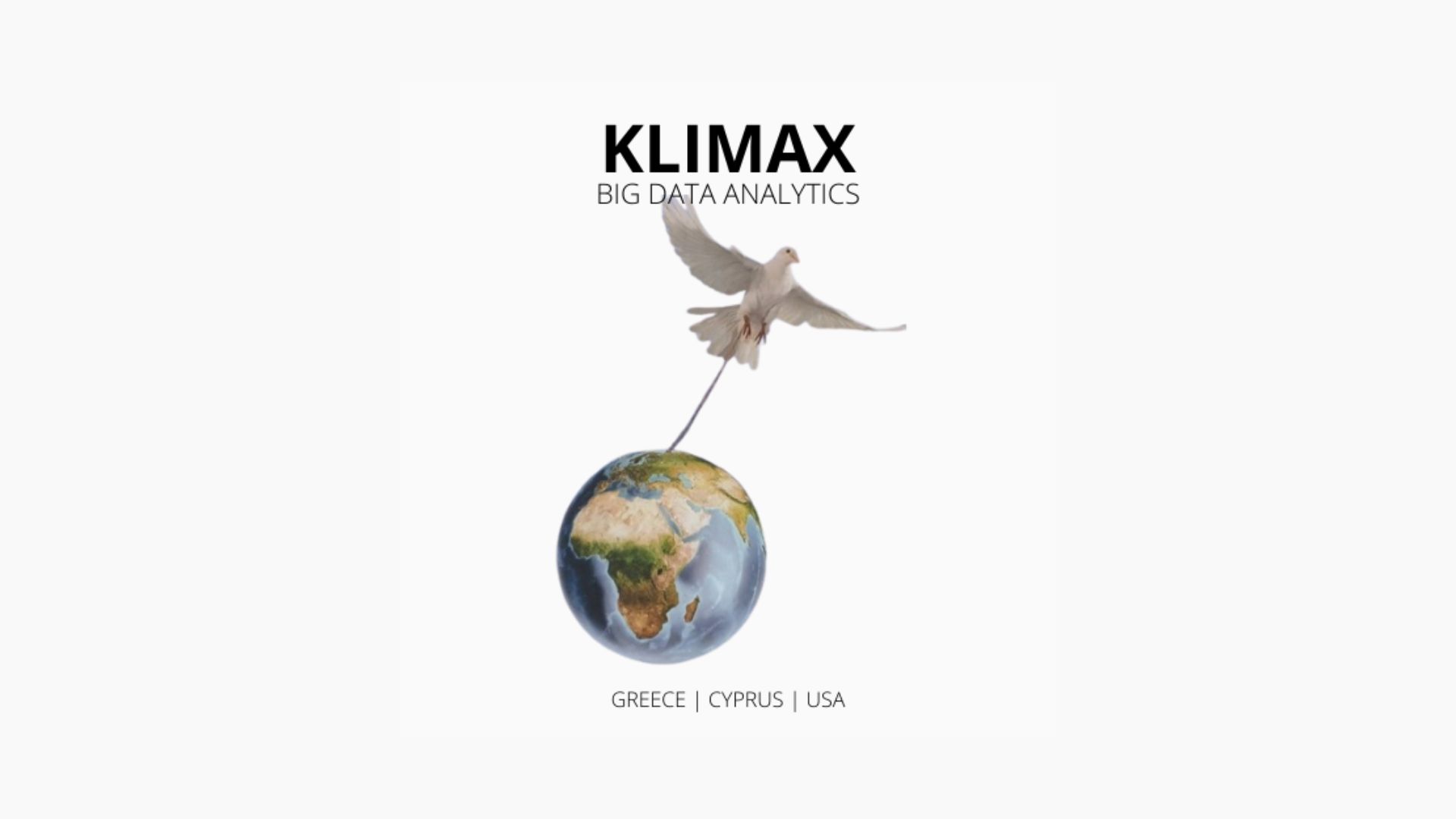What needs to change: Operations often waste effort on duplicate record keeping and third-party validations. Record-keeping systems can be vulnerable to fraud and cyberattacks. Limited transparency can slow data verification. And with the arrival of IoT, transaction volumes have exploded. All of this slows business, drains the bottom line — and means we need a better way. Enter blockchain.
Greater trust
With blockchain, as a member of a members-only network, you can rest assured that you are receiving accurate and timely data, and that your confidential blockchain records will be shared only with network members to whom you have specifically granted access.
Greater security
Consensus on data accuracy is required from all network members, and all validated transactions are immutable because they are recorded permanently. No one, not even a system administrator, can delete a transaction.
More efficiencies
With a distributed ledger that is shared among members of a network, time-wasting record reconciliations are eliminated. And to speed transactions, a set of rules — called a smart contract — can be stored on the blockchain and executed automatically.
#ΙΒΜ















